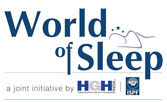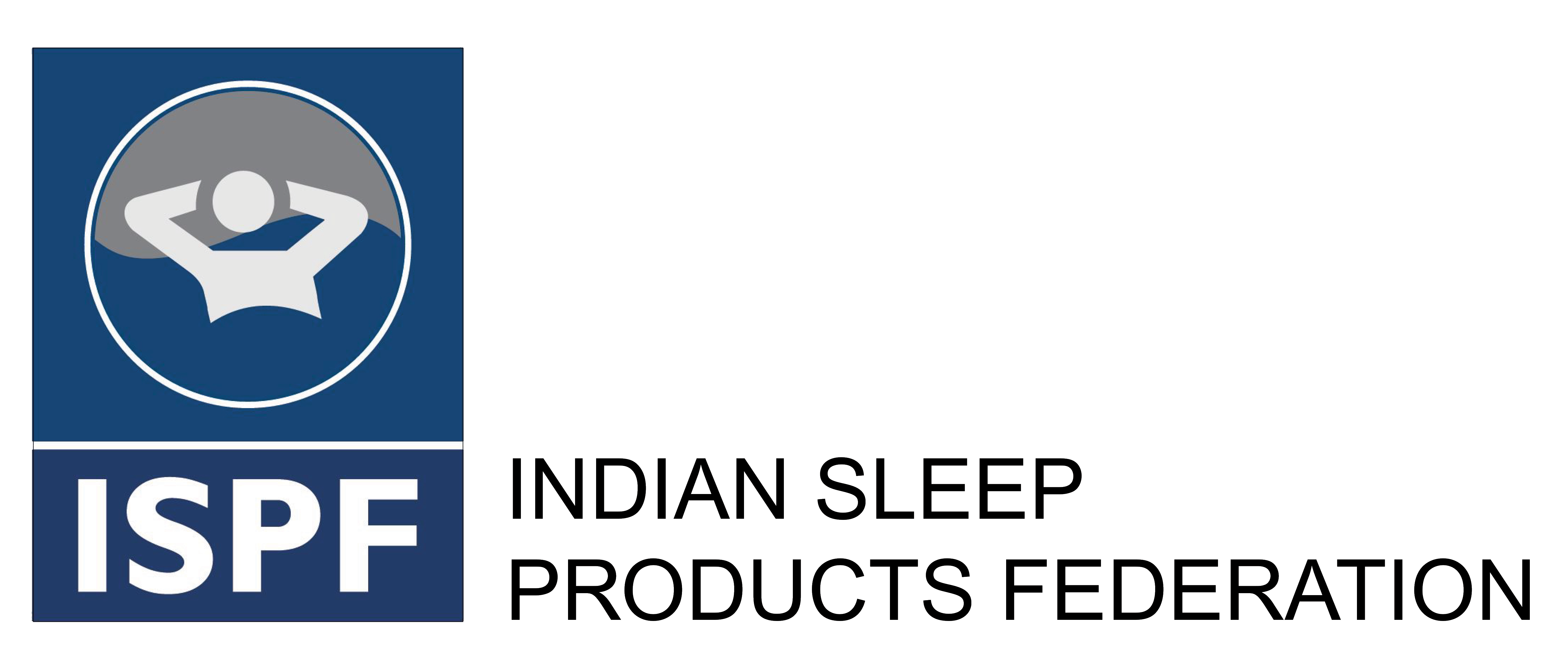An Innovation Worth a Word with Smart World of Sleep

While a lot of research and chest-beating marketing announcements keep coming out about smarter beds, smarter pillows and whatnot in the bag of innovation, here is something that popped up recently and is focused on a specific issue.
A fresh update informs that Consortium researchers have made a bracelet that can help in fighting epilepsy. Yes, as disconnected as this disorder may sound, the ramifications of better sleep diagnosis and monitoring can help these patients significantly – at least, on paper.
This can happen by timely recognition of severe attacks through indications of an abnormally fast heartbeat, rhythmic jolting movements, etc. and then helping to alert caretakers and nurses in a swift move.
Night Watch
Called Nightwatch, the bracelet was tested by the research team on 28 intellectually handicapped epilepsy patients over an average of 65 nights per patient. It was kept focused on sounding an alarm if a severe seizure took place. There were also accommodations done in this test for false alarms and attacks.
Comparison numbers then showed detections of 85 percent of all serious attacks by the bracelet, as well as 96 percent of the most severe ones. This was also compared to a bed sensor that is working as a current detection standard, by using reactions of vibrations due to rhythmic jerks. It was shared that the new bracelet missed a serious attack per patient but only once every 25 nights on average. The absence of discomfort by patients and positive feedback from the care staff add to the good marks on the bracelet’s report card.
In an update, neurologist and research leader Prof. Dr. Johan Arends was found noting that it can reduce the number of cases of SUDEP (SUDEP, sudden unexpected death in epilepsy) by two-thirds. What Dr. Arends, rightly, added was that the real impact of the bracelet would hinge on the time taken for response by care-takers once an alert is received.
Twenty years of hard work
It took some 20 years for this bracele to come to life when the idea found its wheel under Kempenhaeghe and the Eindhoven University of Technology. This could be a significant shift in epilepsy treatment as a lot of it depends hugely on timely alert of an attack.
It is hoped that the bracelet can shrink the worldwide number of unexpected night-time fatalities in epilepsy patients. Results of a prospective trial have been published in Neurology. It is worth reckoning here that the technology related to better sleep and wellness is also finding some cascading effects in realms where this can be put to better and urgent use.
Such technologies and innovations may also find applications in other medical areas and thus help the world become a better place for all kinds of people. More research and on-ground usability of technology around this area would be welcome in transcending this industry to a new level. Science and wellness are finally aligning well and this is a combination that can use radical intersections from the technology side now. Cheers to more disruptive thinking and action!

